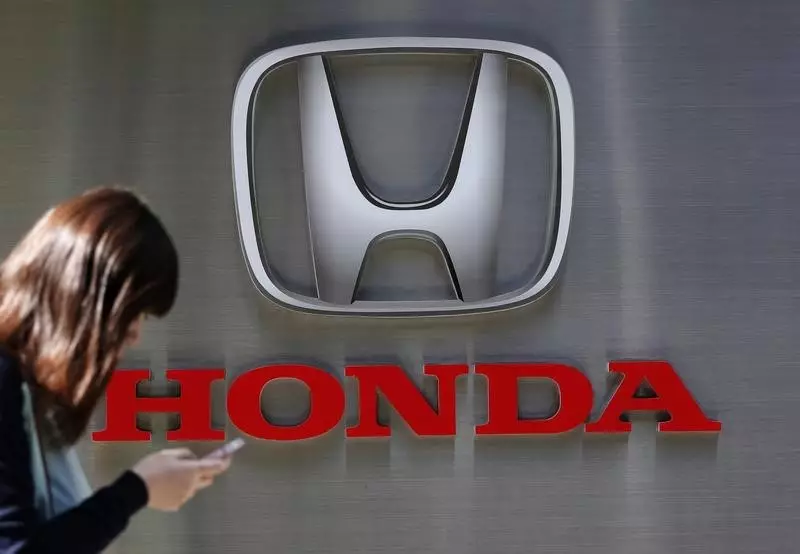The automotive landscape is shifting rapidly, and industry giants Honda Motor Co Ltd and Nissan Motor Co., Ltd. are at the forefront of this transformation with talks of a potential merger. Scheduled to finalize by June 2025, this partnership, as reported by Japanese broadcaster NHK, has the potential to create the third-largest automobile manufacturer globally by sales, aiming to redefine market boundaries and competitive landscapes.
Recent reports indicated that Honda and Nissan have already taken significant steps by signing a preliminary agreement. This strategic move highlights their commitment to collaborating in a marketplace characterized by fierce competition and technological evolution. The two companies plan to operate under a newly formed holding company as a first step toward integration, a move that could streamline operations and enhance efficiency in a sector where agility is crucial.
Both Honda and Nissan are contending with declining sales, particularly in essential markets such as China, where electric vehicle (EV) demand is surging. With the onslaught of competitive pressures from influential players like Tesla and a range of ambitious Chinese startups, Honda and Nissan have found their market positions challenged. This merger could provide the leverage needed to counterbalance these adversities. By combining resources, technological expertise, and market reach, the companies could better navigate the complexities of rapidly changing consumer preferences and technological advancements in the automotive sector.
The Role of Mitsubishi Motors in the Discussion
Mitsubishi Motors Corp, which sees Nissan as its principal stakeholder, is also considering joining this burgeoning alliance. The potential involvement of Mitsubishi adds another layer to the complexity and potential richness of the merger, enhancing the collaborative strength among these three manufacturers. If successful, the collaboration could unify competing resources and innovative ideas, ultimately leading to advanced automotive solutions and thriving product lines.
The financial markets have already shown a cautious optimism regarding this merger. Last week, Nissan’s share prices experienced a notable uptick following initial rumors, indicating investor confidence in the future trajectory of the company amidst the proposed partnership. Such optimism speaks to the necessity of strategic mergers in a landscape where sales have been progressively challenged by various economic factors, including softer demand in key markets like the United States and Europe.
As Honda and Nissan advance towards this potential merger, the implications stretch far beyond their individual corporate frameworks. This collaboration symbolizes more than merely combining resources; it represents a strategic maneuver aimed at reclaiming and solidifying market share in an era defined by the relentless march towards electrification and sustainability. For the automotive industry at large, this merger may set a precedent, urging other players to reconsider their strategies in order to remain competitive in an ever-evolving marketplace. The journey towards a finalized agreement will be closely watched, as its outcomes could reshape not only the companies involved but also the global automotive sector as a whole.

